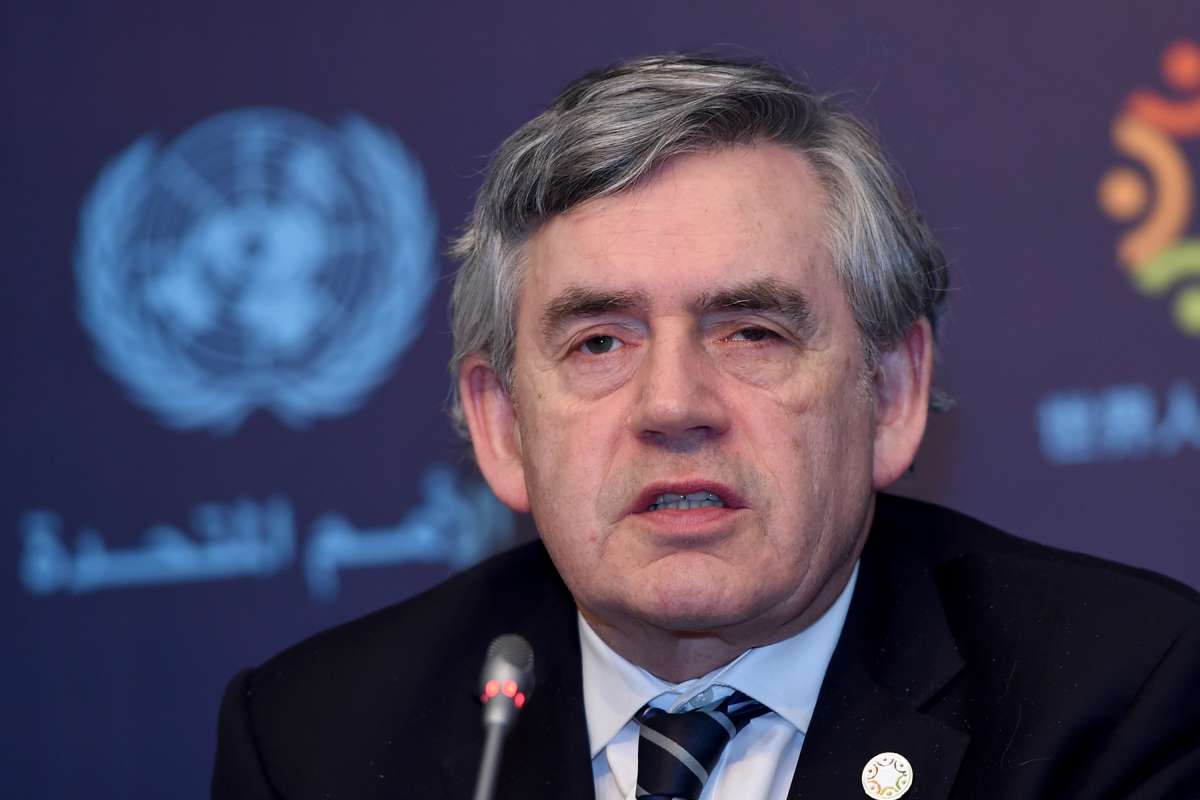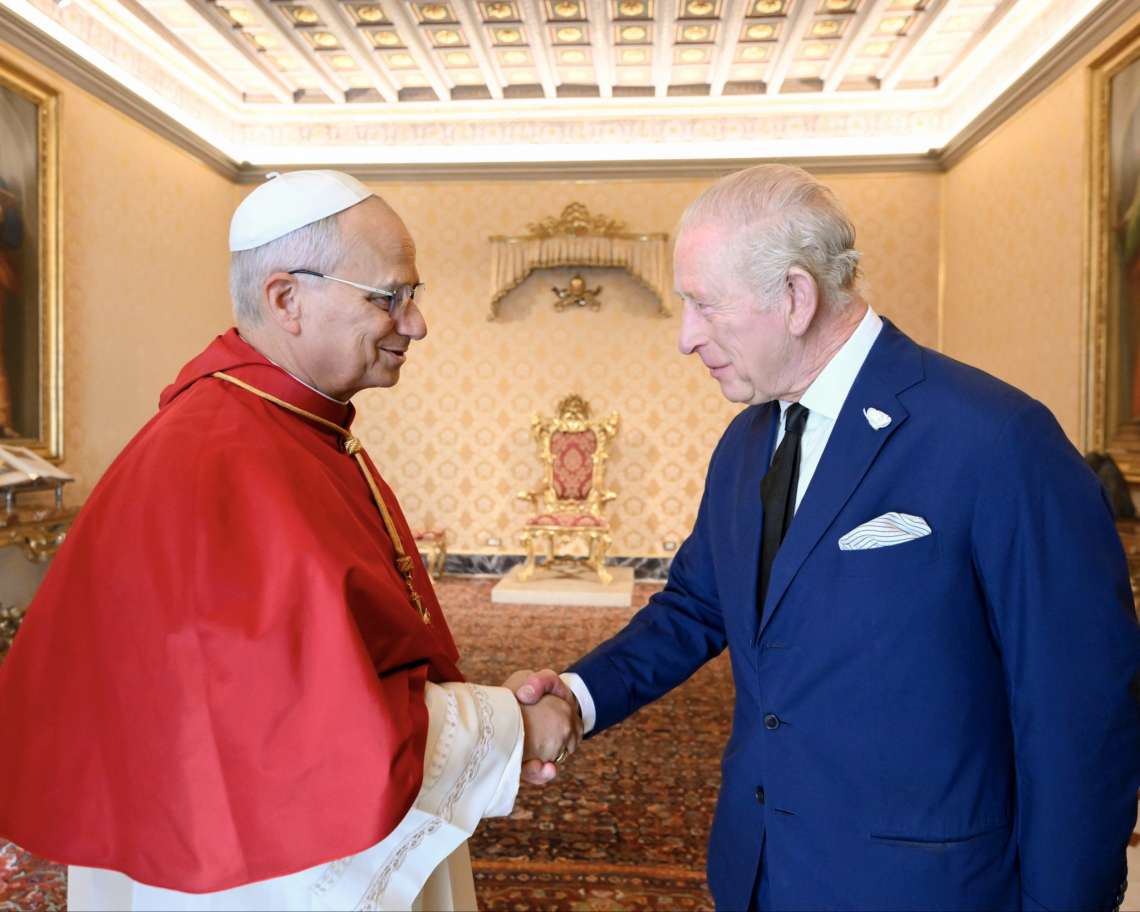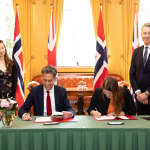Britain needs to be put on an economic “war footing” if it is to break out of a vicious cycle of low growth, the former prime minister Gordon Brown will say on Monday.
In a speech to the Institute for Government thinktank, he will call for the creation of a National Economic Council, jointly chaired by the prime minister and chancellor with a mission to deliver annual growth of 3%.
The former prime minister will say the Treasury must be fully committed to a growth strategy and not be allowed to retreat into a “comfort zone” in which it concentrates on balancing the books and reducing the national debt.
Jeremy Hunt, the chancellor, said in his budget last week that the economy would soon turn the corner after the damage caused by the pandemic and the cost of living crisis.
But the Office for Budget Responsibility, the government’s spending watchdog, said the outlook for the economy “remained challenging” and Brown, prime minister during the 2008 global financial crisis, will say that the way Britain is governed needs to change if there is to be an end to 15 years of stagnation.
He will say: “The way we govern will have to be radically transformed – and government put on a war footing – if Britain is to break free from the vicious low growth, low productivity, and low wage cycle that has seen annual growth halve in the last decade, investment levels stagnate at levels far below our main competitors, the worst productivity performance – less than 0.5% a year – since the Industrial Revolution, and the deepest regional economic inequalities in western Europe.”
Labour’s last prime minister will propose his new National Economic Council should be jointly staffed by the Treasury and the Cabinet Office, working alongside a council of the nations and regions, and have the task of hitting a 3% growth target. Brown will say the economic council should have equal status with the government’s national security council, meeting at least once a week, and twice a week if necessary.
Brown will argue that higher growth can be achieved through an industrial strategy founded on green, digital and medical technologies, linked to an employment and anti-poverty strategy focused on better jobs, skills, and services.
Brown will say the lesson he learned in his time as chancellor and prime minister is that the Treasury needs to be at the centre of a growth strategy rather than seeing its powers hived off to a new economic department.
“A myriad of improvisations have been tried and failed to turbocharge British economic growth, from the ill-fated Department of Economic Affairs of the 1960s, the National Enterprise Board of the 1970s, and Mrs Thatcher’s anointing of Sir Alan Walters in opposition to Chancellor Nigel Lawson in the 1980s,” he will say.
“But for a growth strategy to work, the Treasury has to be at the centre of a coordinated framework of economic policymaking and implementation led by it and No 10 and which involves all relevant economic departments.”
Rachel Reeves, the shadow chancellor, has said achieving higher growth will be at the heart of a future Labour government’s economic strategy and has insisted this has to be built on sound public finances.
Brown will say that for his plan to work, the Treasury “has to avoid the temptation to retreat into its comfort zone”, namely as “a finance department with an almost exclusive focus on debt and deficit reduction – neglecting its wider responsibilities for delivering growth”.
Brown helped to orchestrate the rescue of the UK’s stricken banks in 2008 but the deep recession that accompanied the global financial crisis resulted in him losing the 2010 general election.
In his speech on Monday, he will argue that the subsequent shift to austerity under the Conservative-Liberal Democrat coalition helped explain the UK’s weak economic performance while the US instead focused on a focus to growth.
ALSO READ-UK ranks second-worst for mental wellbeing in global survey













